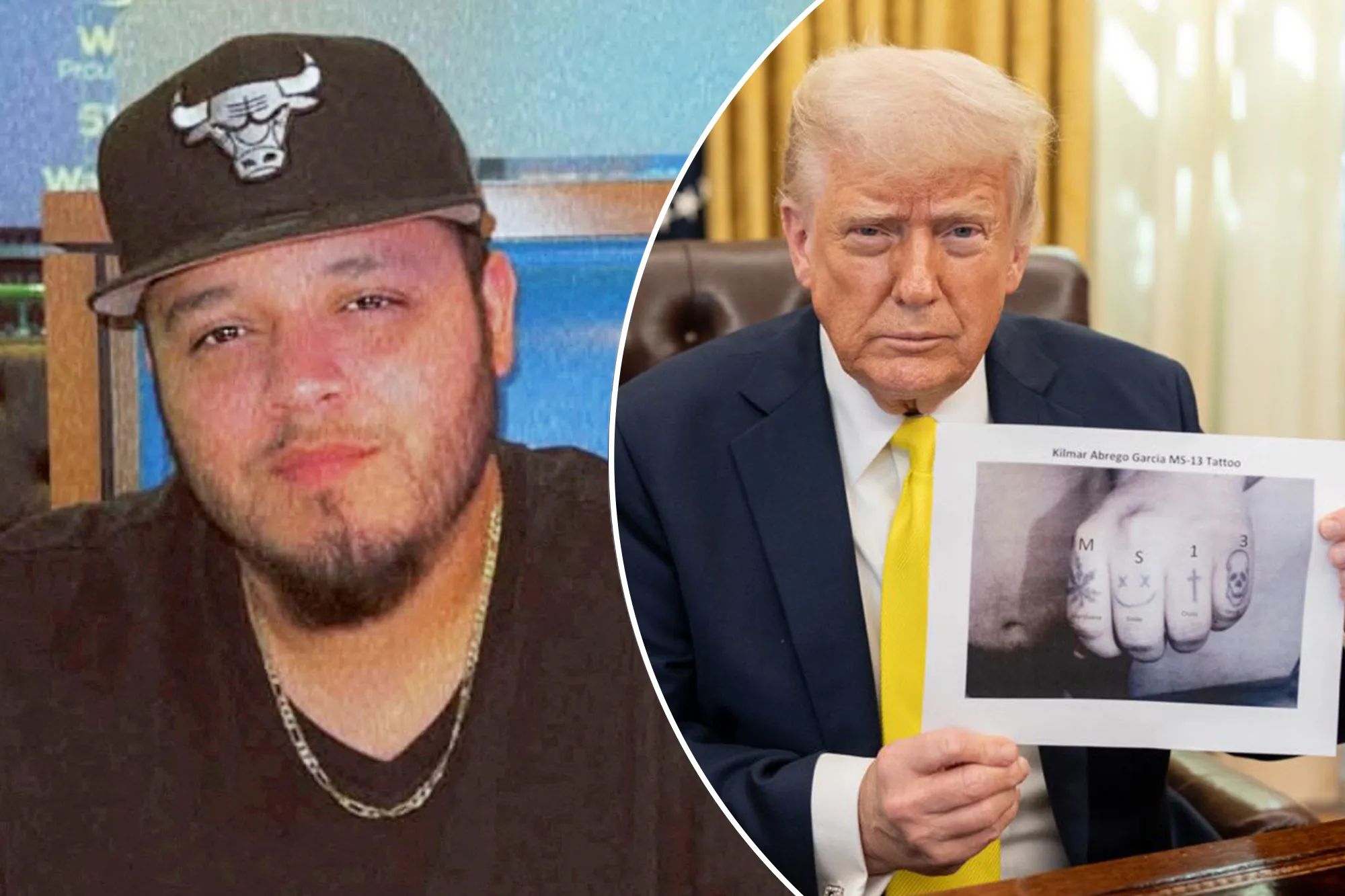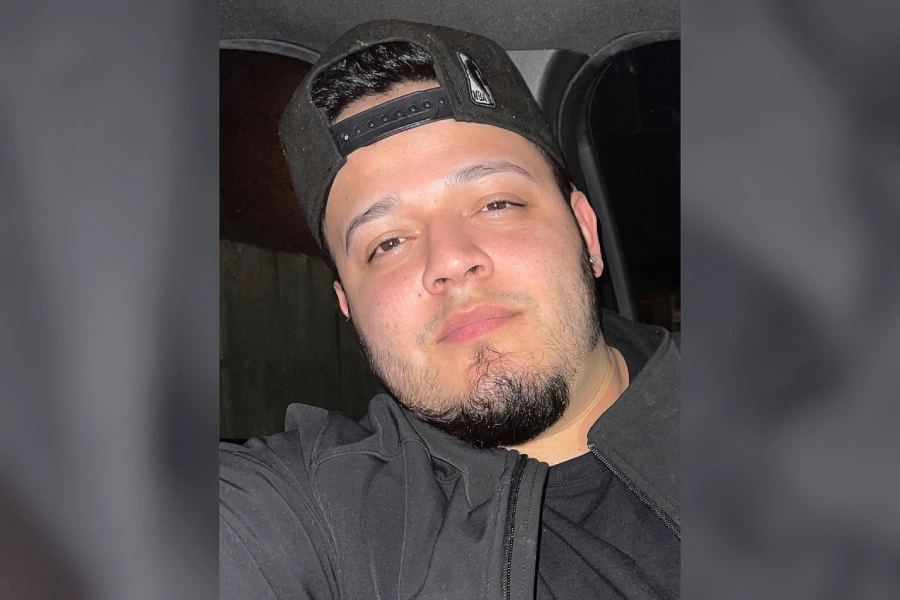Kilmar Ábrego García’s case has drawn significant attention amid the complex and often controversial U.S. immigration system. Wrongfully deported in March 2025 to El Salvador by the Trump administration, García’s situation raises critical questions about immigration law, due process, and human rights protections. This article explores the full background of his legal struggles, government actions, and the ongoing judicial debate around his detention and charges.

Who Is Kilmar Ábrego García?
Kilmar Ábrego García is a Salvadoran immigrant and construction worker who has lived in Maryland, USA. In March 2025, he was mistakenly deported to El Salvador despite an existing federal immigration court order prohibiting his removal due to credible threats from gangs in his home country. His deportation sparked public outcry and a legal battle as the government sought to keep him detained on human trafficking charges.
The Deportation Error and Legal Implications
The wrongful deportation of García highlights critical failures in immigration enforcement procedures. Federal immigration law mandates strict adherence to court orders, especially in cases involving asylum seekers or individuals at risk of persecution. García’s deportation violated a 2019 federal judge’s order protecting him, which constitutes a significant breach of due process under U.S. immigration law.
Due Process and Immigration Law
The Fifth Amendment guarantees that no person shall be “deprived of life, liberty, or property, without due process of law.” This constitutional protection extends to immigrants, including those with pending immigration cases. The deportation of García without proper judicial oversight not only breached this principle but also raised questions about the accountability of immigration agencies such as ICE and DHS.
Charges Against Kilmar Ábrego García: Reality vs. Political Motives
After his forced return to the U.S., García faced charges of human trafficking related to a 2022 traffic stop in Tennessee. His lawyers argue these charges are “absurd” and serve as a political tool to justify his deportation and detention rather than based on factual evidence.
Legal Analysis of the Charges
Human trafficking charges are severe, involving stringent standards of proof. In García’s case, prosecutors failed to demonstrate he posed a flight risk or threat to the community, as noted by the federal magistrate judge Barbara Holmes. The delay in release and continued detention are legally contentious, especially given the contradictory government statements about deportation plans.

Government’s Contradictory Stance and Impact on Case
The Trump administration’s handling of García’s case reflects conflicting policies on immigration enforcement. On one hand, officials argue he should remain incarcerated pre-trial; on the other, plans emerged to deport him to a third country, raising concerns about his right to a fair trial and legal representation.
Immigration Enforcement Challenges
The DHS and ICE’s reluctance to clarify deportation intentions exacerbates legal uncertainty. This ambiguity compromises García’s ability to prepare a defense and undermines judicial authority. Legal experts emphasize that indefinite detention without clear deportation timelines risks violating international human rights norms and U.S. law.
Legal Protections and Advocacy for Kilmar Ábrego García
Immigration advocates highlight García’s case as emblematic of broader systemic issues, including inadequate legal protections for immigrants facing deportation and the misuse of criminal charges to facilitate removal.
Court Decisions and Future Proceedings
Federal courts have intervened to ensure García’s detention conditions comply with legal standards. Judge Barbara Holmes has set conditions for potential release, including residency with his U.S. citizen brother. Upcoming hearings will determine the legitimacy of continued detention and whether the charges can stand.
Broader Implications for U.S. Immigration Policy
Kilmar Ábrego García’s case underscores the intersection of immigration enforcement, judicial oversight, and human rights. It prompts critical reflection on the use of criminal charges in immigration proceedings, the protection of asylum seekers, and the necessity of transparent government communication.
Conclusion
The case of Kilmar Ábrego García reveals significant legal and human rights challenges within U.S. immigration enforcement. It highlights the importance of due process, transparent judicial procedures, and the need for immigration policies that protect vulnerable individuals. As the legal battle unfolds, it will likely influence future immigration law interpretations and enforcement standards.
FAQ
Q1: Why was Kilmar Ábrego García deported mistakenly?
A1: He was deported despite a federal court order protecting him due to credible threats from gangs in El Salvador, reflecting an administrative error.
Q2: What charges does García face?
A2: He is charged with human trafficking, linked to a 2022 traffic stop where he was driving with passengers but without evidence proving criminal intent.
Q3: Is it legal to detain someone indefinitely while awaiting trial?
A3: U.S. law requires detention to be reasonable and justified. Courts have questioned the legality of prolonged detention without clear evidence of risk.
Q4: What rights does García have?
A4: He has the right to due process, a fair trial, legal representation, and protection from unlawful deportation.
Q5: What is the government’s plan regarding deportation?
A5: The government initially planned to deport García back to El Salvador but later indicated potential deportation to a third country, adding legal complexity.

